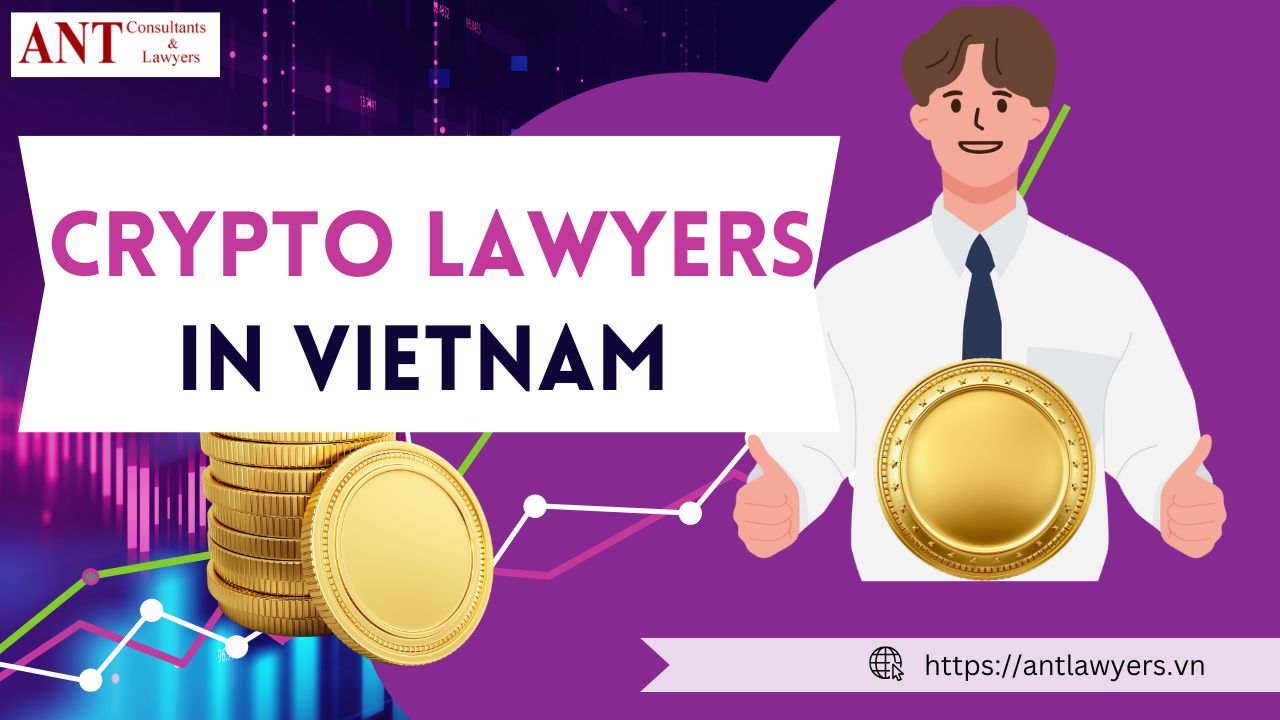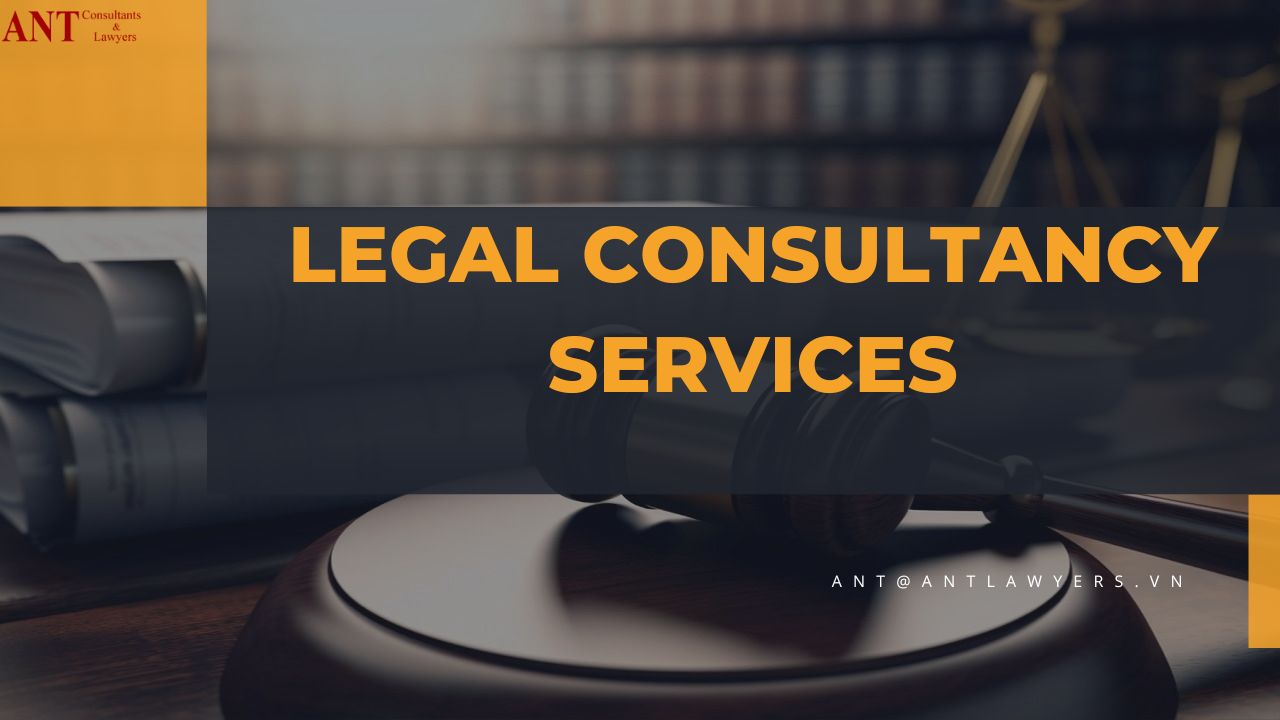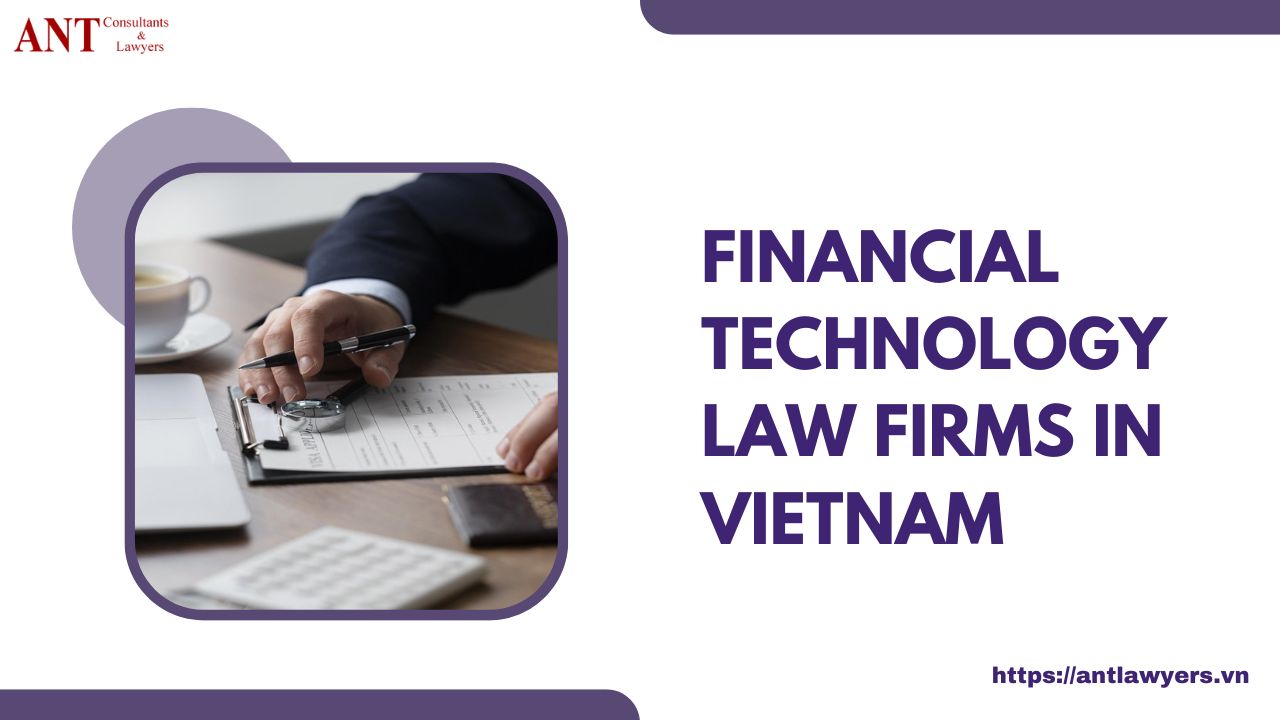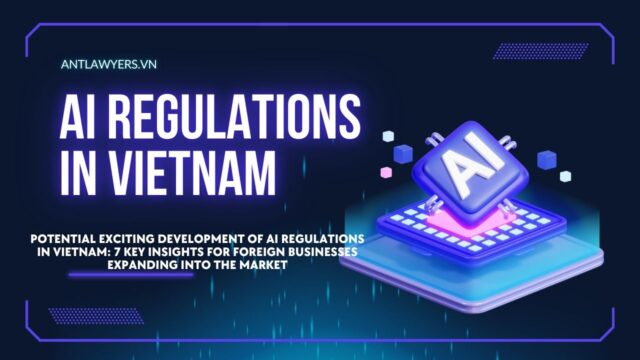Vietnam is rapidly adapting to the development in the global artificial intelligence (AI) landscape. As foreign businesses explore expansion opportunities in this dynamic market, understanding AI regulations in Vietnam is essential. With the government actively developing policies to guide AI innovation while ensuring ethical and legal compliance, the regulatory framework is evolving.
This article provides seven key insights into AI regulations in Vietnam, helping foreign businesses navigate the legal landscape and anticipate challenges. It also examines the obstacles Vietnam may face in crafting AI-related laws and how companies can prepare for regulatory changes.
The Current Status of AI Regulations in Vietnam
Vietnam does not yet have a dedicated AI law. However, various existing regulations govern AI-related activities, including:
- The Personal Data Protection Decree (PDPD): Regulates data privacy, a crucial issue for AI applications handling personal information.
- The Cybersecurity Law: Impacts AI-driven platforms by imposing data localization and security measures.
- The Intellectual Property Law: Addresses issues related to AI-generated works and patenting AI innovations.
- The E-Transaction Law: Recognizes electronic contracts and digital transactions, including those powered by AI.
The Vietnamese government, recognizing AI’s potential, has outlined National AI Development Strategies with a focus on fostering innovation while ensuring compliance with global regulatory standards.
Future AI Regulations in Vietnam: What to Expect?
Vietnam is expected to develop AI-specific regulations covering the following areas:
- Ethical AI principles: Guidelines for AI transparency, fairness, and non-discrimination.
- AI liability and accountability: Defining responsibility in AI-related disputes, especially in automated decision-making.
- Cross-border AI governance: Rules on international AI collaborations and data transfers.
- AI safety and security: Regulations on AI’s use in critical sectors such as healthcare, finance, and defense.
Foreign businesses should anticipate that new AI regulations in Vietnam will likely be influenced by global AI regulatory trends, and governance policies.
Key Challenges in Vietnam’s AI Regulatory Development
Despite its ambitions, Vietnam faces several challenges in developing a robust AI regulatory framework:
1. Balancing Innovation and Regulation
Vietnam aims to foster AI innovation while mitigating risks. However, overregulation could hinder AI startups and discourage foreign investment, while underregulation may expose users to AI-related risks, such as bias and misinformation.
2. Addressing Data Protection and Privacy Concerns
AI heavily relies on big data, but Vietnam’s Personal Data Protection Decree (PDPD) imposes strict data governance rules. Foreign AI companies handling Vietnamese users’ data must ensure compliance with data localization, consent requirements, and cross-border transfer restrictions.
3. Defining AI Legal Personhood and Liability
Who is responsible when AI makes an error? Vietnam, like many other nations, must define whether AI should be treated as a legal entity, with rights and responsibilities, or if liability should rest solely on developers, users, or service providers.
4. Building AI Regulatory Expertise
AI is a complex and evolving field, requiring highly skilled regulators. Vietnam needs specialized AI legal experts to draft and enforce AI laws effectively.
5. Harmonizing AI Regulations with International Standards
Vietnam is part of regional AI policy discussions and cooperates with global AI leaders. However, aligning with multiple international AI regulations while maintaining national interests is challenging.
Why Foreign Companies Should Care About AI Regulations in Vietnam
Foreign companies expanding into Vietnam must proactively adapt to AI regulations. Here’s why:
- Regulatory Compliance: Avoid legal risks by staying ahead of new AI compliance requirements.
- Market Access: AI-friendly policies may provide incentives for AI-driven businesses in Vietnam.
- Investment Protection: Understanding AI liability frameworks can help mitigate business risks.
How Foreign Businesses Can Prepare for Vietnam’s AI Regulatory Landscape
1. Conduct AI Compliance Audits
Regular audits can help businesses align their AI models with existing data privacy laws, cybersecurity requirements, and ethical AI principles.
2. Engage with Local Legal Experts
Vietnamese legal professionals specializing in AI law can help navigate compliance challenges and keep businesses updated on policy developments.
3. Implement Ethical AI Frameworks
Adopting global AI ethics standards (e.g., transparency, fairness, human oversight) will ensure smooth adaptation when AI regulations in Vietnam become more defined.
4. Collaborate with Government and Industry Stakeholders
Building partnerships with Vietnamese regulators and AI industry leaders can help foreign businesses influence AI policy discussions and prepare for upcoming regulations.
Vietnam’s AI Regulatory Roadmap: What’s Next?
Vietnam is expected to issue AI-specific legal frameworks between 2025 and 2030. Key developments to watch include:
- The introduction of a comprehensive AI Law
- AI governance guidelines for businesses
- Cross-border AI collaboration agreements
Foreign businesses should monitor Vietnam’s Ministry of Science and Technology (MOST) and Vietnam’s AI Task Force for regulatory updates.
Final Thoughts: A Promising AI Future in Vietnam
Vietnam’s AI landscape presents exciting opportunities for foreign companies. While AI regulations are still evolving, proactive compliance with existing laws and upcoming regulatory trends will be crucial for business success.
By staying informed about AI regulations in Vietnam, foreign companies can strategically position themselves in this high-growth market while ensuring long-term regulatory compliance.
Vietnam is shaping up to be a regional AI hub, and businesses that understand and comply with AI regulations in Vietnam will be well-positioned for sustainable growth in this promising market.
About ANT Lawyers, a Law Firm in Vietnam
We help clients overcome cultural barriers and achieve their strategic and financial outcomes, while ensuring the best interest rate protection, risk mitigation and regulatory compliance. ANT lawyers has lawyers in Ho Chi Minh city, Hanoi, and Danang, and will help customers in doing business in Vietnam.

7 Critical Reasons You Need Crypto Lawyers in Vietnam to Navigate Disputes and Avoid Fraud

The 5 Vital Roles of Legal Consultancy Services in Vietnam’s Growing Economy

Unlocking the Future: The Expertise of Technology Lawyers in Vietnam

Technology and Innovation: Financial Technology in Vietnam’s Emerging Tech Sector
How ANT Lawyers Could Help Your Business?
You could reach ANT Lawyers in Vietnam for advice via email ant@antlawyers.vn or call our office at (+84) 24 730 86 529

